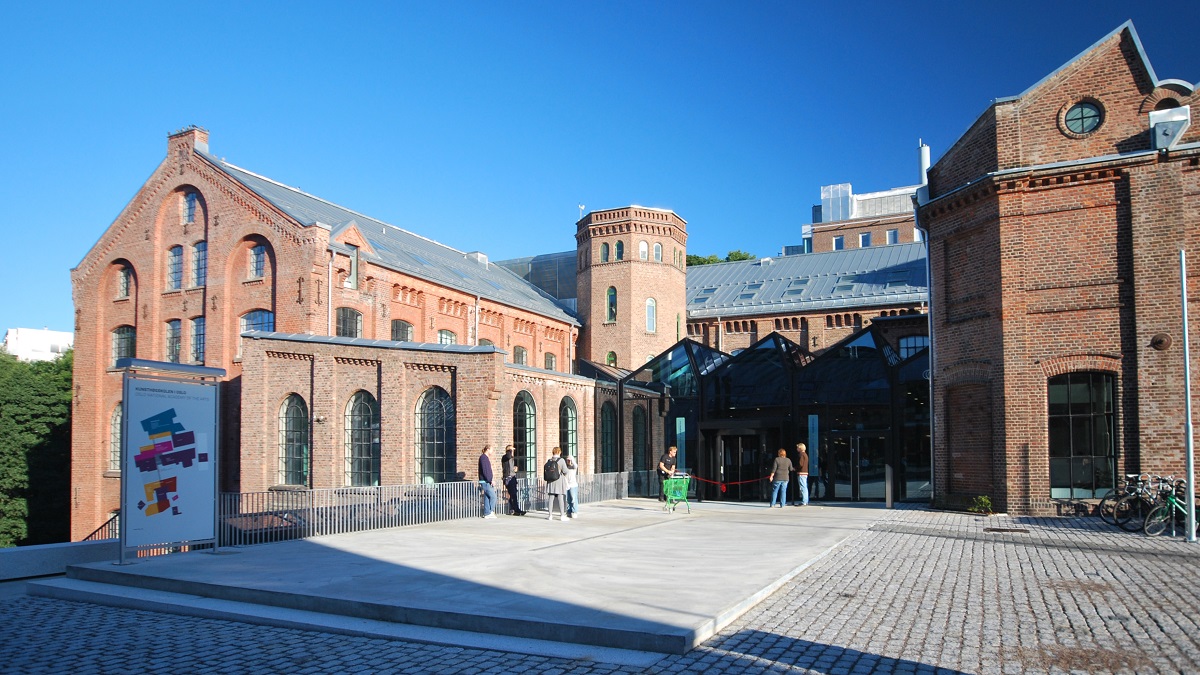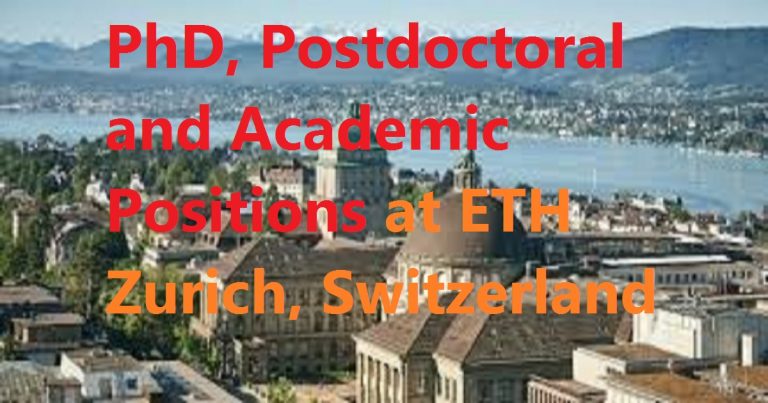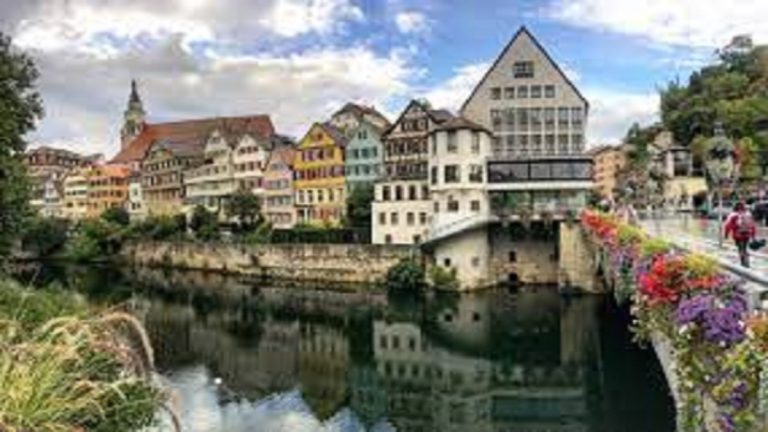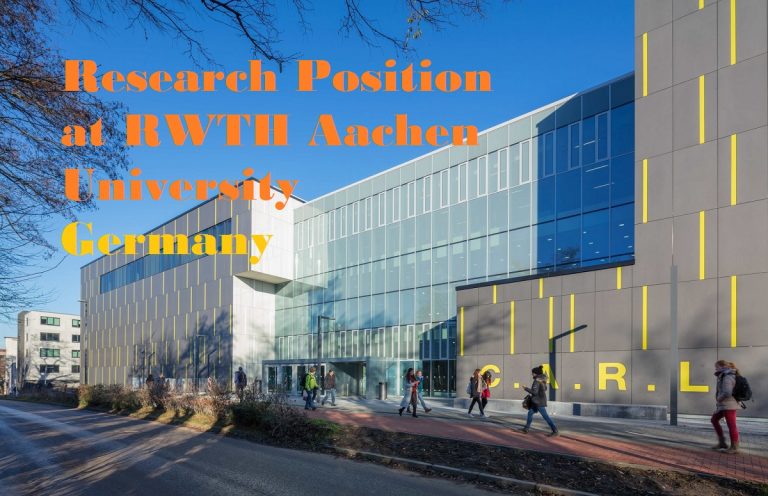
Job description
A Doctoral Research Fellowship (SKO1017) or a Postdoctoral Research Fellowship (SKO1352) in Complex/Experimental Musical Rhythms is available at RITMO Centre for Interdisciplinary Studies in Rhythm, Time and Motion at the University of Oslo.
RITMO is a Centre of Excellence funded by the Research Council of Norway. This interdisciplinary centre focuses on rhythm as a structuring mechanism for the temporal dimensions of human life. Methods from musicology, psychology, neuroscience, and informatics are combined to study rhythm as a fundamental property that shapes and underpins human cognition, behaviour and cultural expressions.
All RITMO researchers are co-located and work in a unique interdisciplinary constellation, with world-leading competence in musicology, psychology and informatics. It is expected that all members of the centre contribute to the general activities and collaborations within RITMO. The researchers have access to state-of-the-art facilities in sound/video recording, motion capture, eye tracking, physiological measurements, various types of brain imaging (EEG, fMRI), and rapid prototyping and robotics laboratories.
More about the position
The main goal of the project is to examine complex/experimental rhythms in popular music (e.g. jazz, EDM, hip-hop, etc.), including the listening experience and performers’ motivations. The methodological approach should include music analysis (auditory, transcription-based and/or computer-based), preferably in combination with qualitative interviews, field studies/ethnography, philosophy/phenomenology, and/or music cognition/psychology.
The project will be part of an overall thematic area focused on timing, expectations, and attention in complex rhythmic contexts.
Applicants should upload a research outline, with research questions and theoretical and methodological approaches.
The candidate will be supervised by Ragnhild Brøvig-Hanssen.
The appointment is for a period of three years, starting 1 February 2023. The candidate will be enrolled in RITMO’s Career Development Programme.
For applicants to the Doctoral Research Fellowship
The person appointed will be affiliated with the Faculty of Humanities’ organised research training. The academic work is to result in a doctoral thesis that will be defended at the Faculty of Humanities with a view to obtaining the degree of PhD. The successful candidate is expected to join the existing research milieu or network and contribute to its development. Read more about the doctoral degree.
All PhD Candidates at the Faculty of Humanities who submit their doctoral dissertation for assessment with a written recommendation from their supervisor within 3 years or 3 ½ years after the start of their PhD position, will be offered, respectively, a 12 or 6-month Completion Grant.
For applicants to the Postdoctoral Research Fellowship
The appointment is for a period of three years, starting 1 February 2023. There is a 10 % component of the position which is devoted to teaching and administrative duties. There might be a possibility to extend to four years depending on the qualifications of the recruited candidate, the departments’ needs for teaching, and the centre’s need for assistance.
The successful candidate is expected to be part of the research environment of RITMO and contribute to strengthening the links between different research areas within the centre. The main purpose of postdoctoral research fellowships is to qualify researchers for work in higher academic positions within their disciplines.
Qualifications
Qualifications/requirements Doctoral Research Fellowship
- A Master’s degree or equivalent in musicology, music studies, music theory, or another relevant field. The applicant is required to document that the degree corresponds to the profile for the post. The degree must have been obtained by the time of application. Competence in experimental research and statistics.
- Competence in music analysis (auditory, transcription-based and/or computer-based).
- Experience with one or more of the following is an advantage: music practice, philosophy/phenomenology, music cognition/psychology, qualitative interviews, field study/ethnography.
- Excellent skills in written and oral English, see Language requirements
- Personal suitability and motivation for the position
To be eligible for admission to the doctoral programmes at the University of Oslo, applicants must, as a minimum, have completed a five-year graduation course (Master’s degree or equivalent), including a Master’s thesis of at least 30 ECTS. In special cases, the Faculty may grant admission on the basis of a one-year Master course following an assessment of the study programme’s scope and quality.
Applicants who have recently graduated with excellent results may be given preference.
Qualifications/requirements Postdoctoral Research Fellowship
- A PhD degree or equivalent in musicology, music studies, music theory, or another relevant field. The applicant is required to document that the degree corresponds to the profile for the post. The doctoral dissertation must have been submitted for evaluation before the application deadline.
- Competence in music analysis (auditory, transcription-based and/or computer-based).
- Experience with one or more of the following is an advantage: music practice, philosophy/phenomenology, music cognition/psychology, qualitative interviews, field study/ethnography.
- The candidate’s proposed research project must be closely connected to RITMO’s research profile
- Excellent skills in written and oral English
- Personal suitability and motivation for the position
The doctoral dissertation must be submitted for evaluation by the application deadline. Appointment is dependent on the public defence of the doctoral thesis being approved.
No one can be appointed for more than one postdoctoral period at the University of Oslo.
In assessing the applications for both positions, special emphasis will be placed on:
- The applicant’s academic qualifications.
- The quality of the research outline and its relevance to the research objectives of RITMO.
- The applicant’s estimated academic and personal ability to complete the project within the time frame and contribute to the research objectives of RITMO.
- For the Doctoral research Fellow: The applicant’s ability to complete research training.
- Collaboration skills and an ability to join interdisciplinary academic communities.
We offer
- Doctoral Research Fellow: Salary level 501 200-544 400 NOK per annum, depending on qualifications.
- Postdoctoral Research Fellow: 544 400-626 300 NOK. depending on qualifications.
- A professionally stimulating working environment.
- Attractive welfare benefits
- Membership in the Norwegian Public Service Pension Fund
How to apply
The application must include:
- Application letter describing the applicant’s qualifications and motivation for the position (specify whether the application is for the Doctoral or Postdoctoral Research Fellowship).
- Curriculum Vitae (complete list of education, positions, teaching experience, administrative experience and other qualifying activities, including a complete list of publications with links to the full version of published papers).
- Research outline, including relevant research questions and theoretical and methodological approaches (approximately 2-3 pages, see the template for research outline).
- For Doctoral Research Fellowship: Transcript of records of your Bachelor’s and Master’s degrees. Applicants with education from a foreign university must attach an explanation of their university’s grading system.
- For Doctoral Research Fellowship: Documentation of Language requirements
- Names and contact details of 2-3 references (name, relation to candidate, e-mail and telephone number).
Please note that all documents must be in English or a Scandinavian language.
Diplomas, certificates, master/doctoral thesis, and other academic works may be requested later.
The application with attachments must be delivered in our electronic recruiting system, jobbnorge.no. The application must be submitted by the deadline September 1 2022 (23:59 Central European Summer Time).
Short-listed candidates will be invited for an interview.
Formal regulations
See also regulations as well as guidelines for the application assessment process (Doctoral Research Fellowships) and appointments to research fellowships.
No one can be appointed for more than one Postdoctoral Fellow period at the University of Oslo.
Following the Freedom of Information Act (Offentleglova) § 25, Chapter 2, demographic information about the applicant may be used in the public list of applicants even if the applicant opts out from the entry in the public application list.
The University of Oslo has an Acquisition of Rights Agreement for the purpose of securing rights to intellectual property created by its employees, including research results.
The University of Oslo aims to achieve a balanced gender composition in the workforce and to recruit people with ethnic minority backgrounds.
Contact information
Head of Administration Pia Søndergaard, e-mail: pia.sondergaard@ifikk.uio.no, phone number: +47 22 85 44 89
Foto: Colourbox
About the University of Oslo
The University of Oslo is Norway’s oldest and highest ranked educational and research institution, with 28 000 students and 7500 employees. With its broad range of academic disciplines and internationally recognised research communities, UiO is an important contributor to society.
RITMO Centre for Interdisciplinary Studies in Rhythm, Time and Motion is financed through the Research Council of Norway’s Centre of Excellence Scheme.
RITMO combines a broad spectrum of disciplines – from musicology, neuroscience and informatics – to study rhythm as a fundamental property of human cognition, behaviour and cultural expression. The Centre is organized under the Department of Musicology, in close collaboration with the Department of Psychology and the Department of Informatics.



